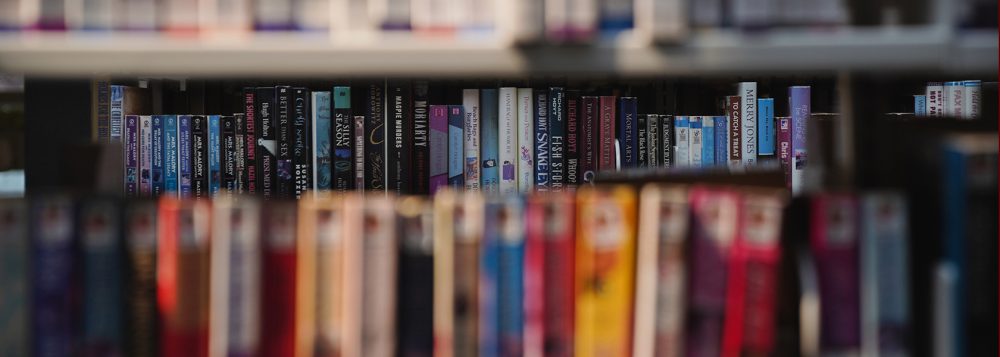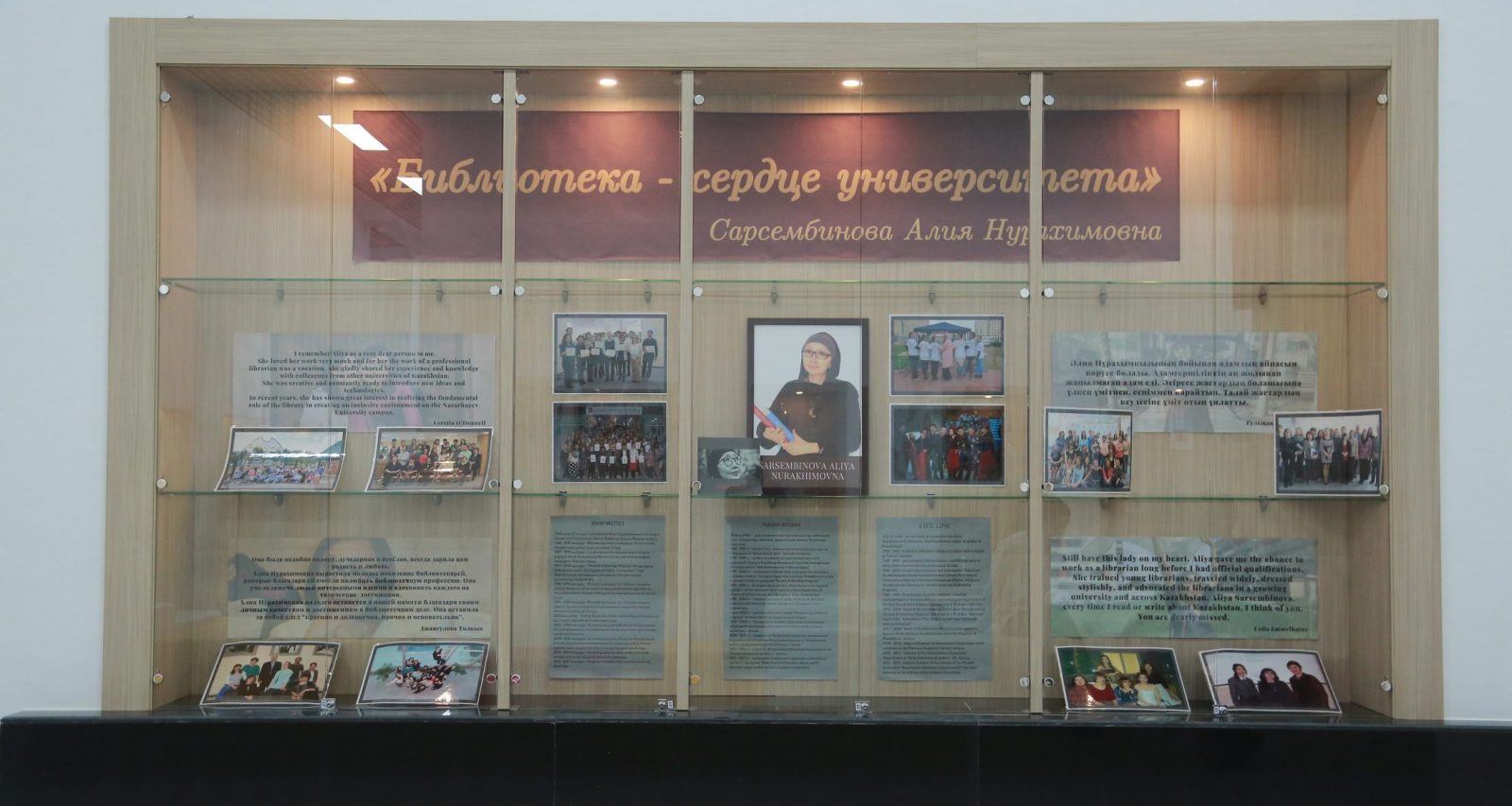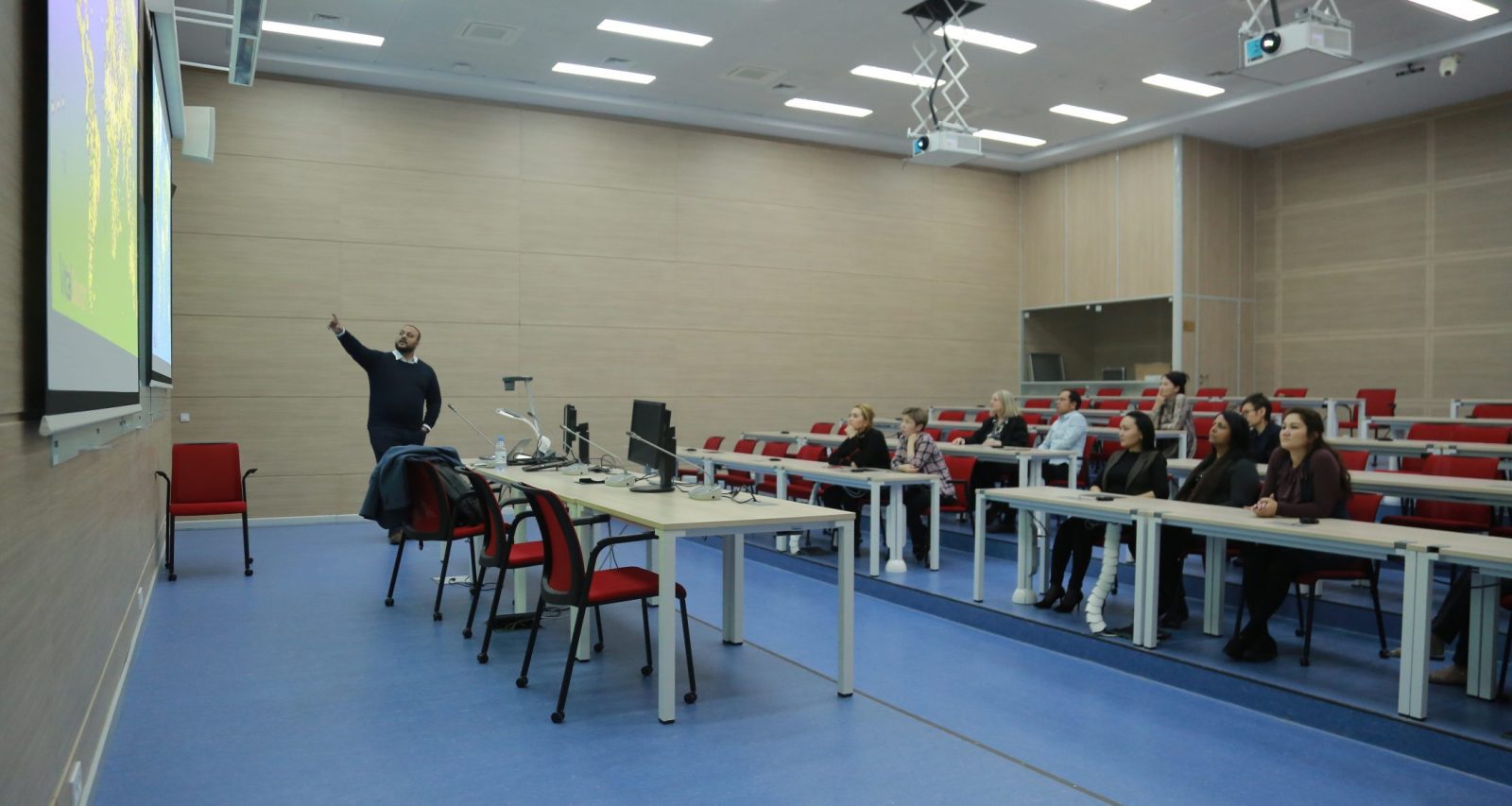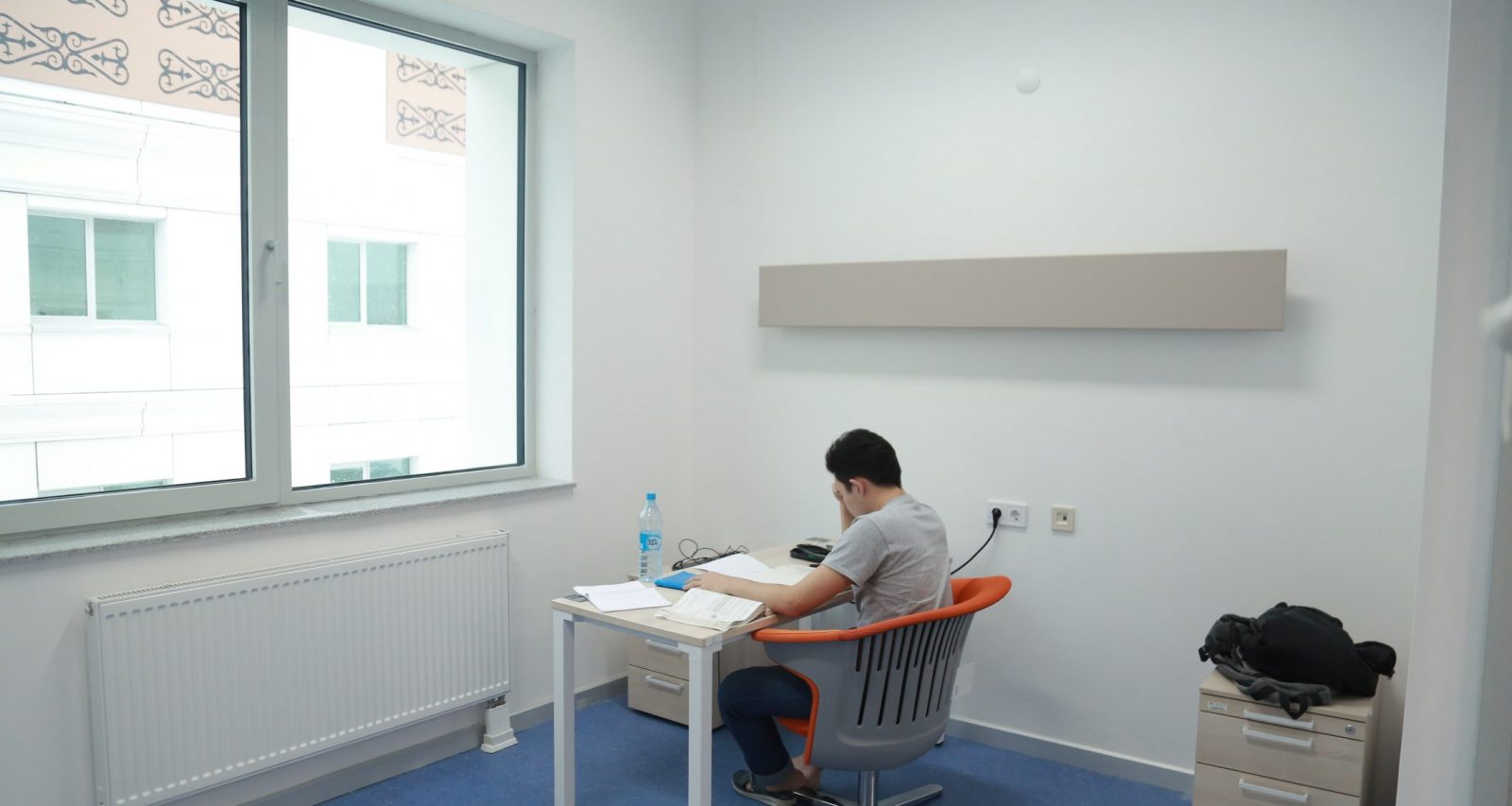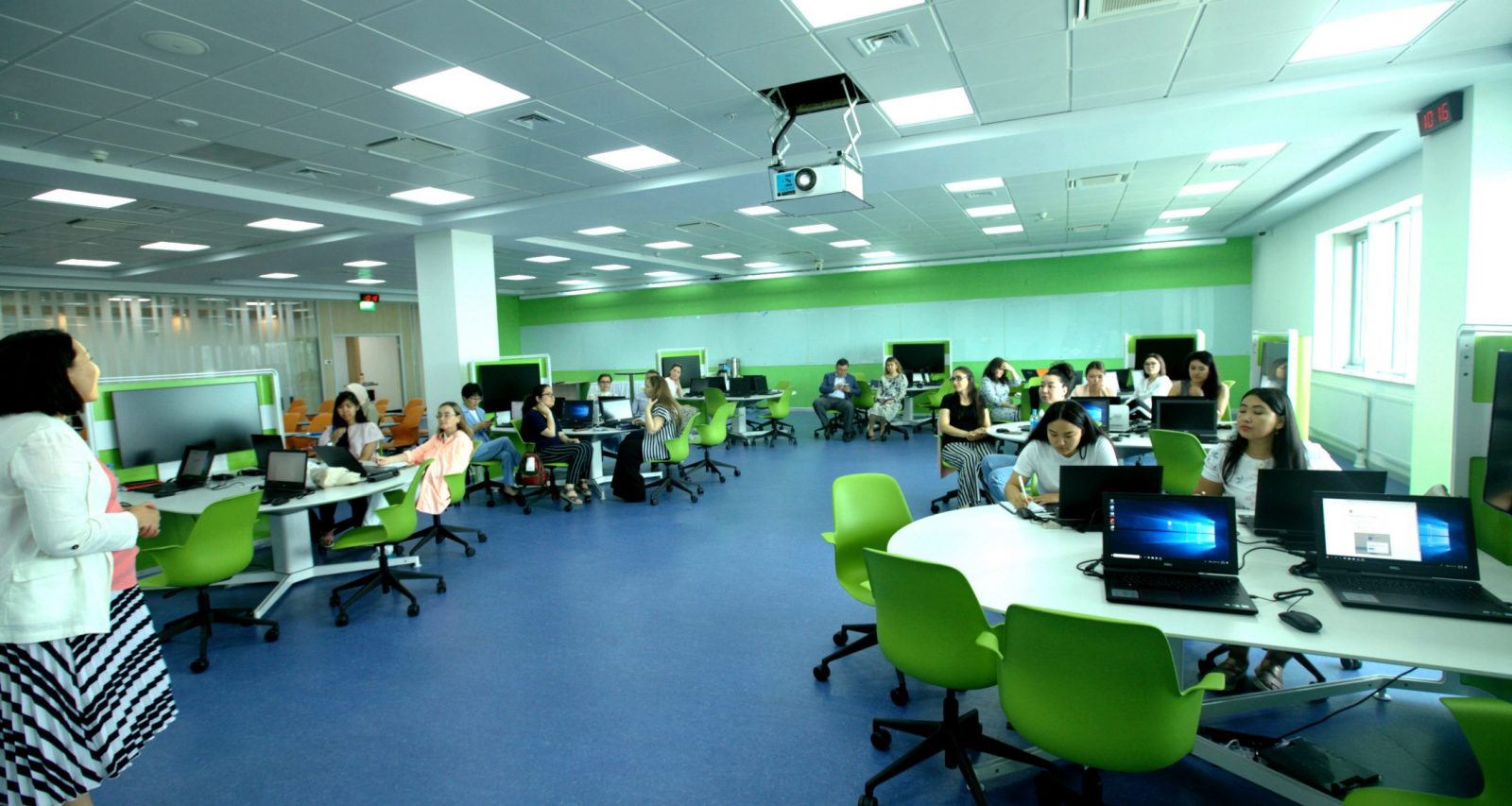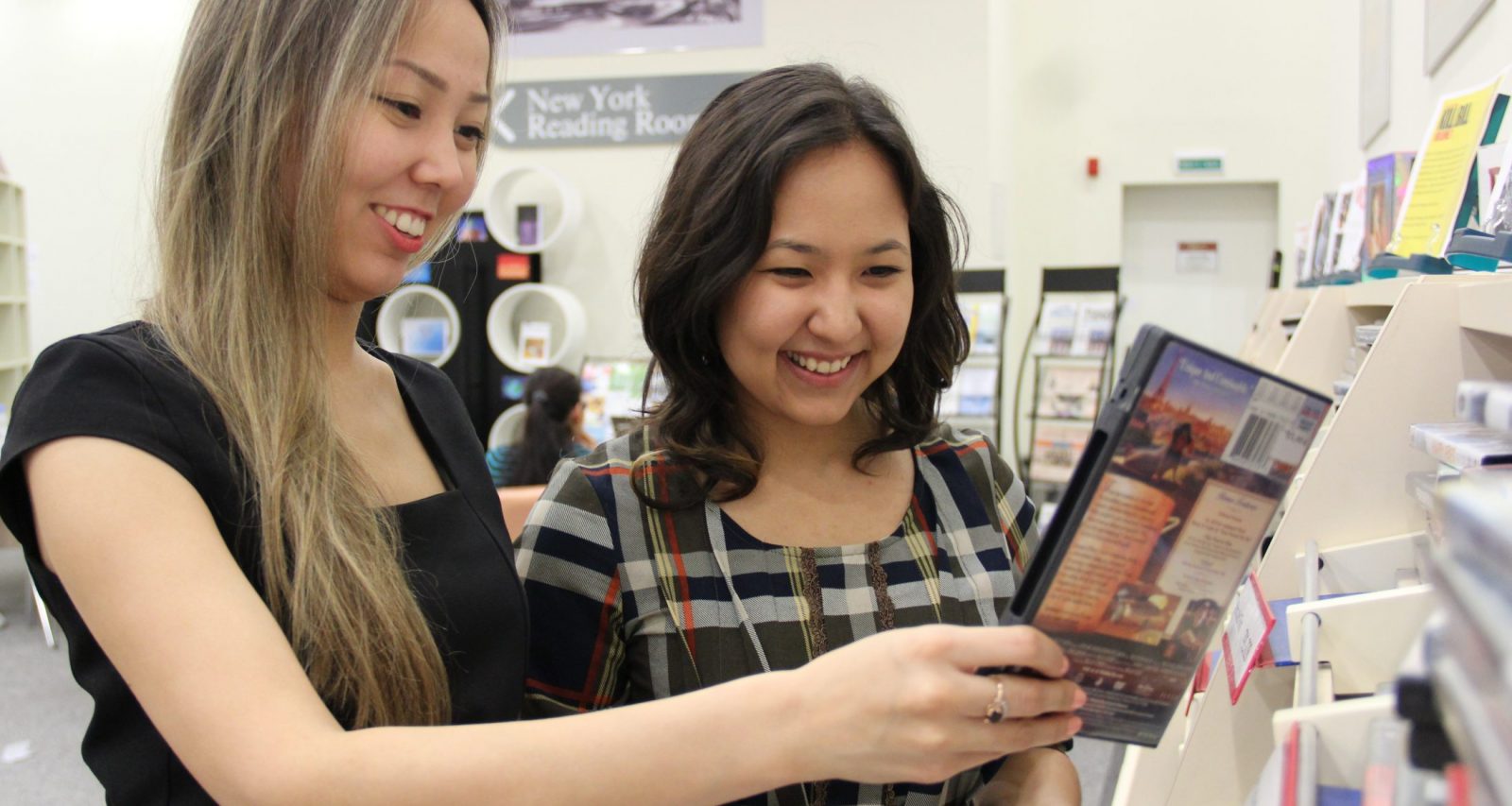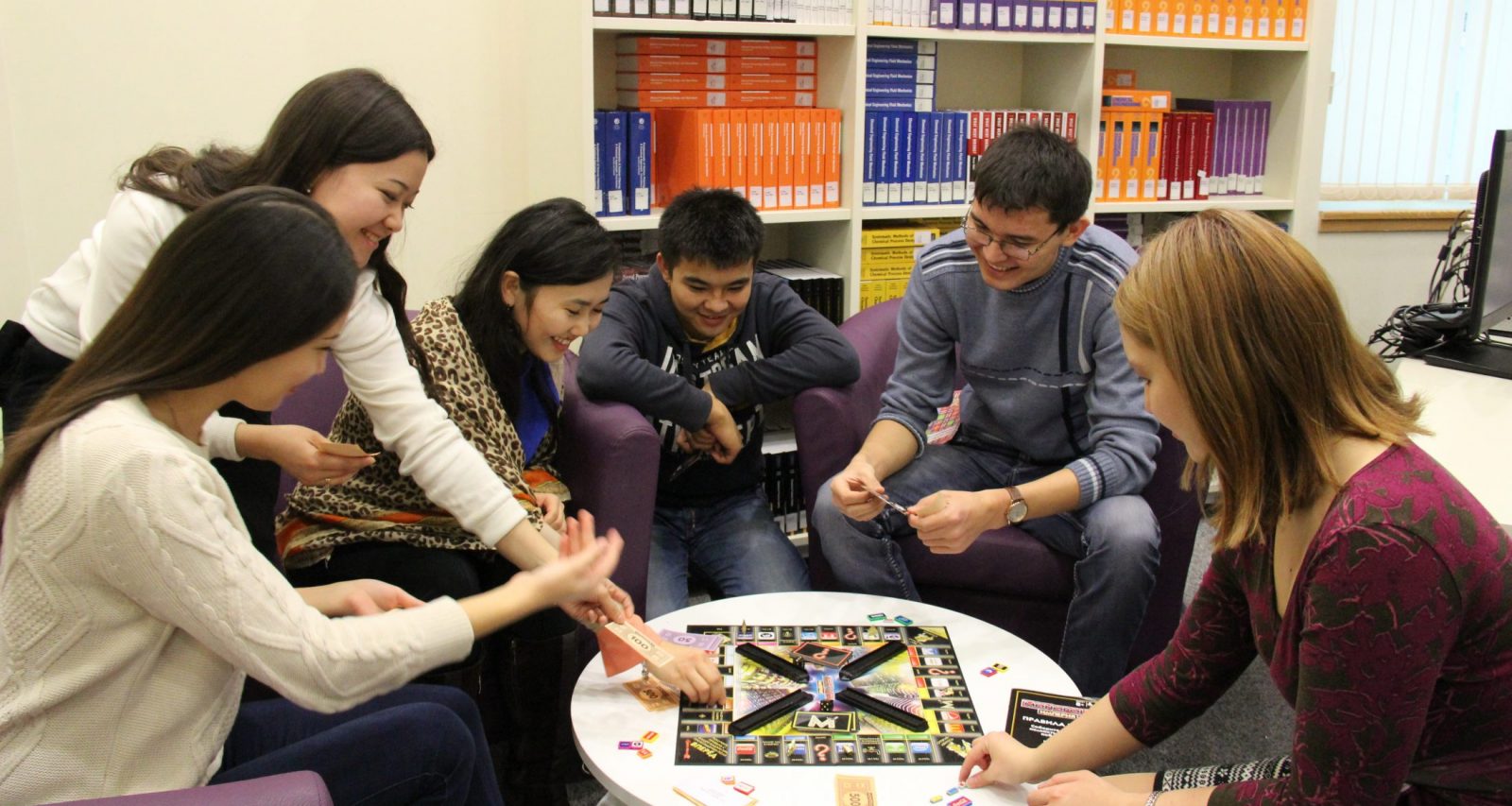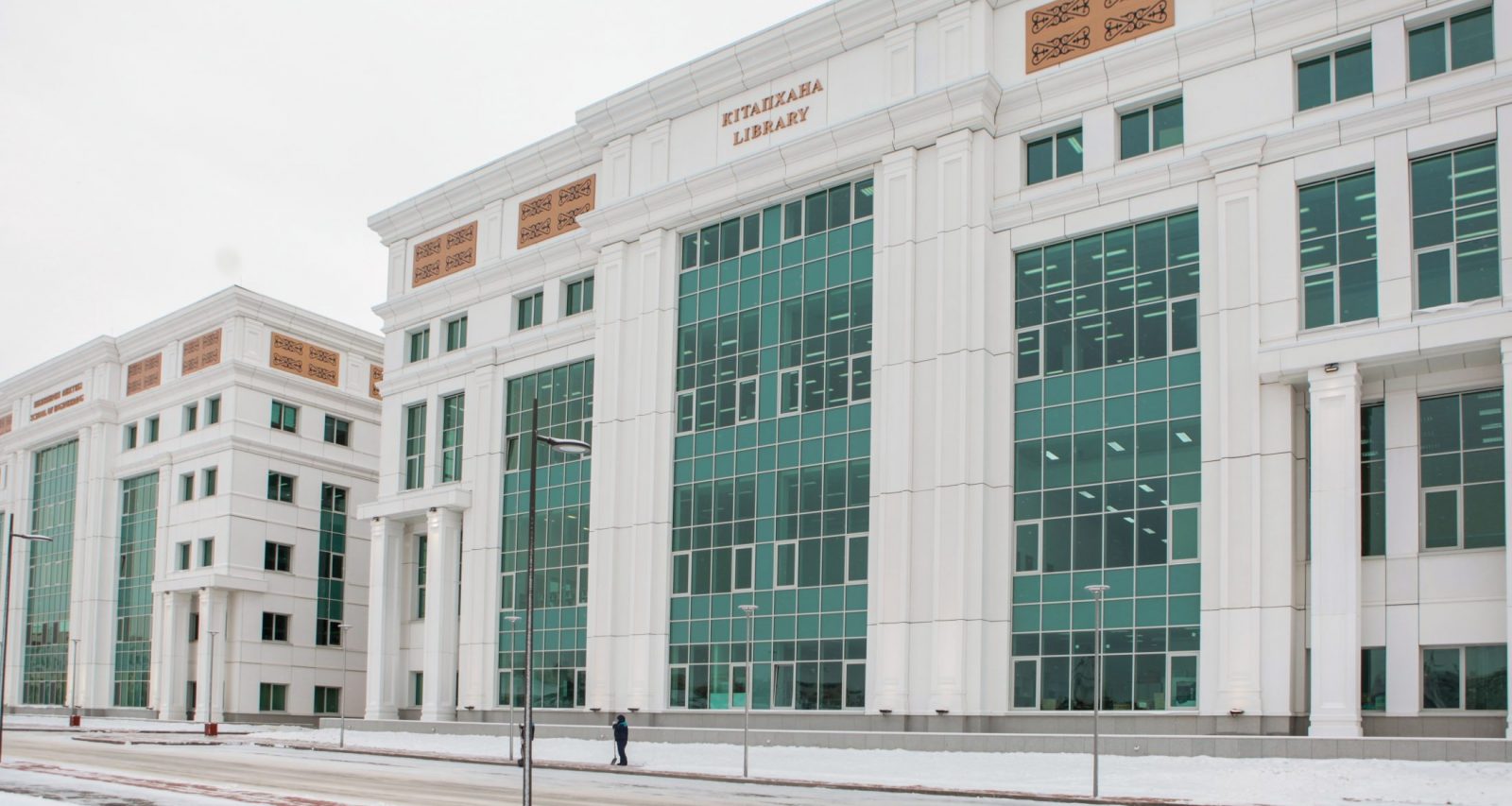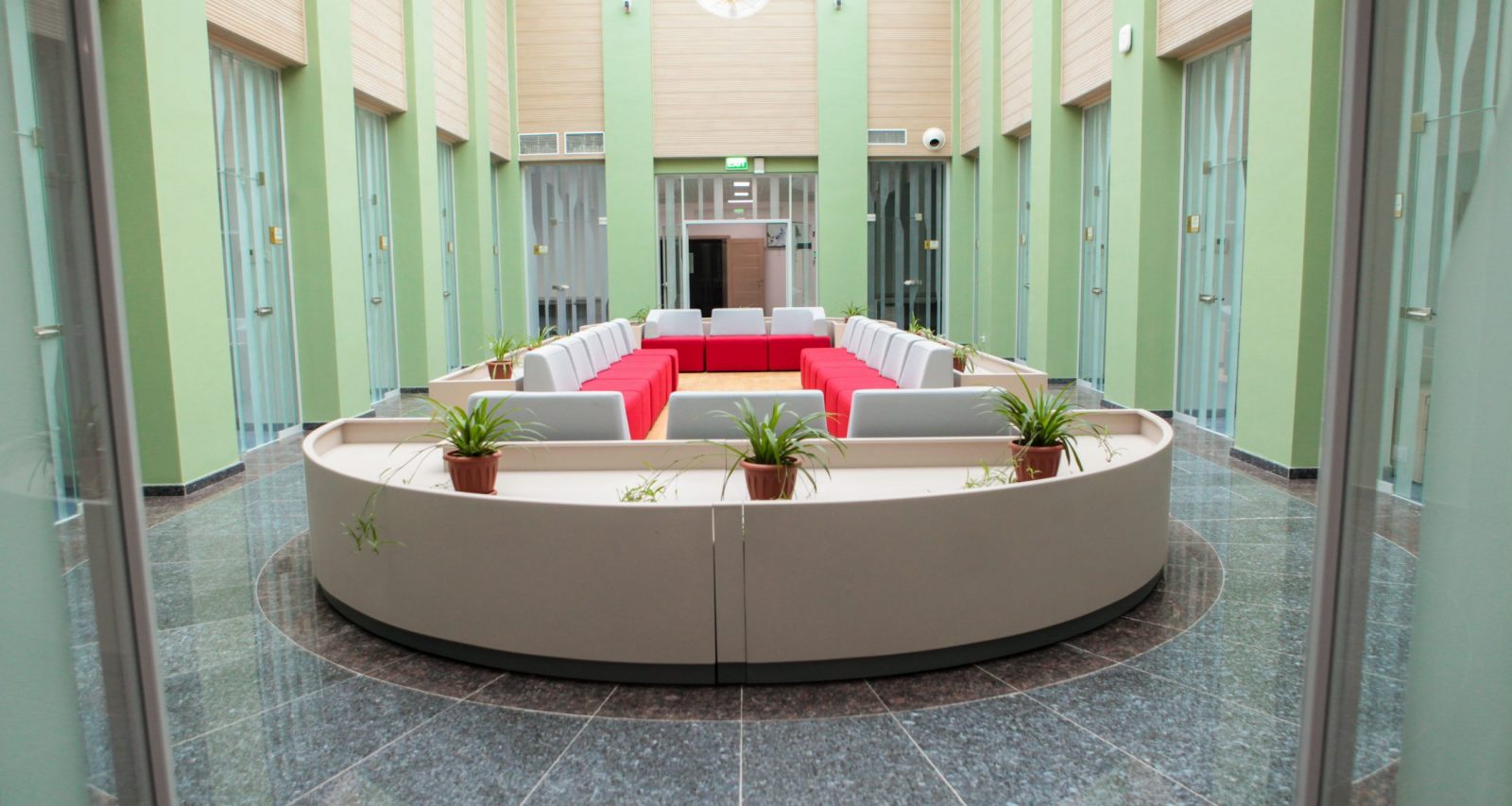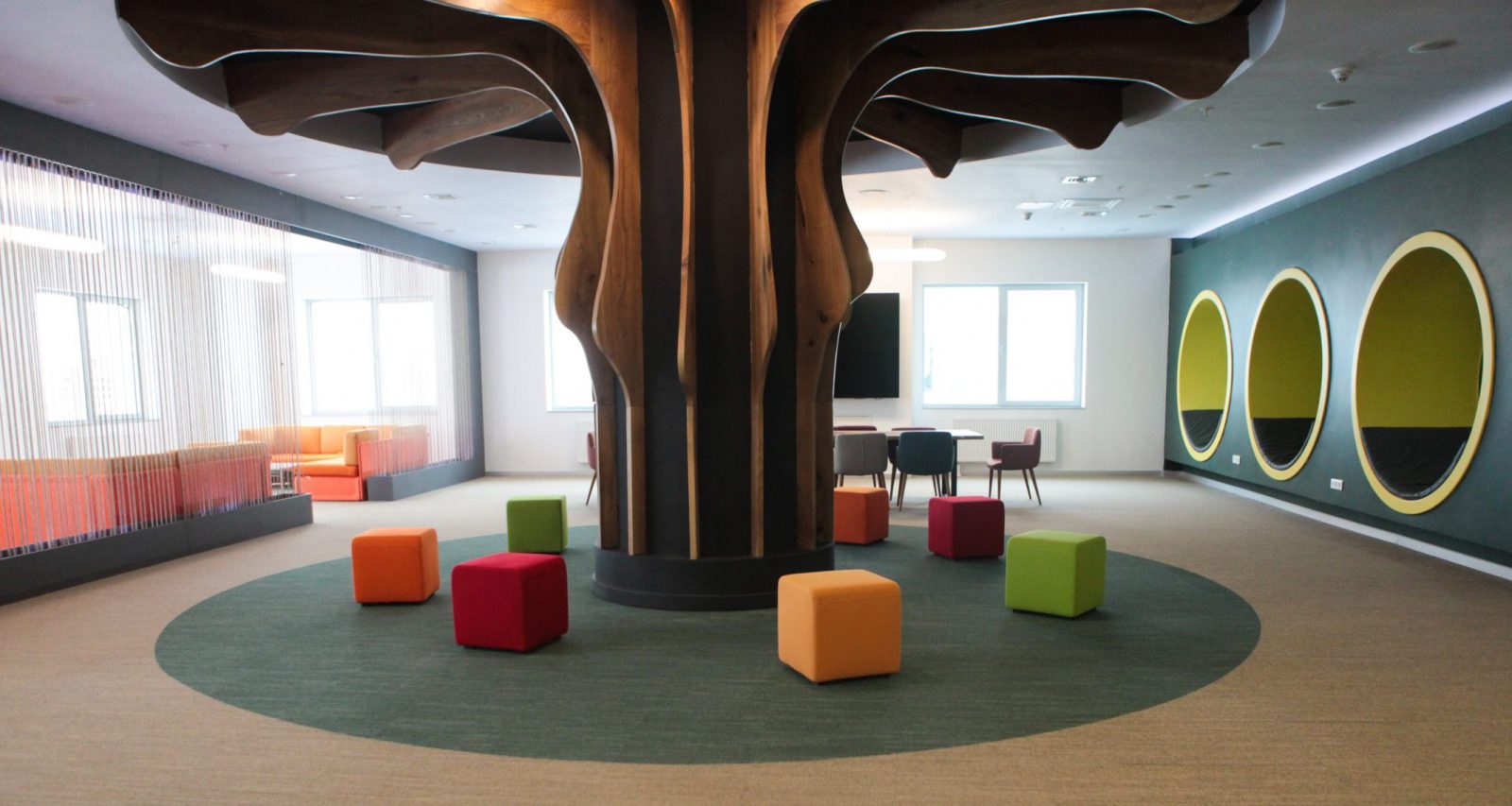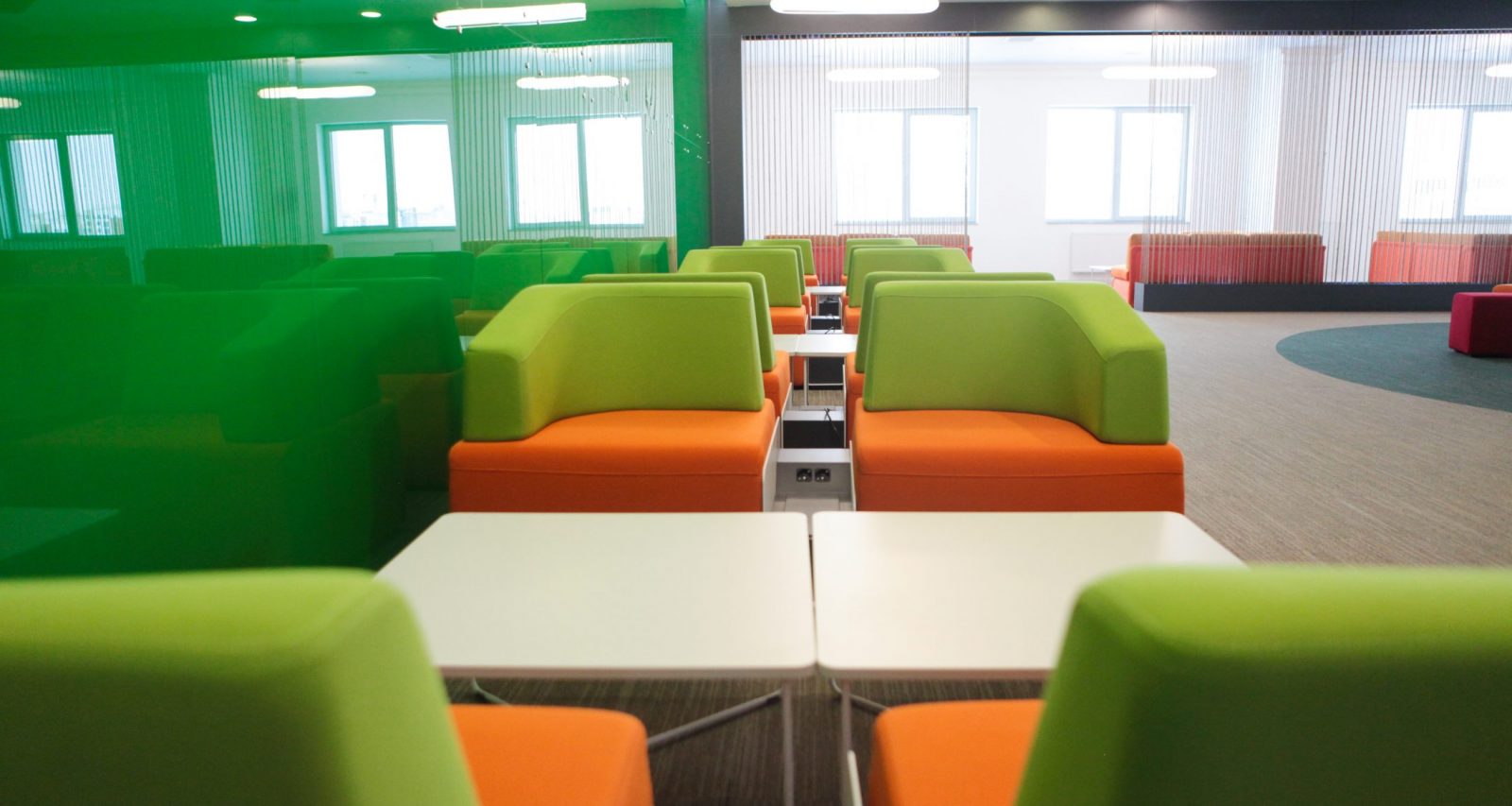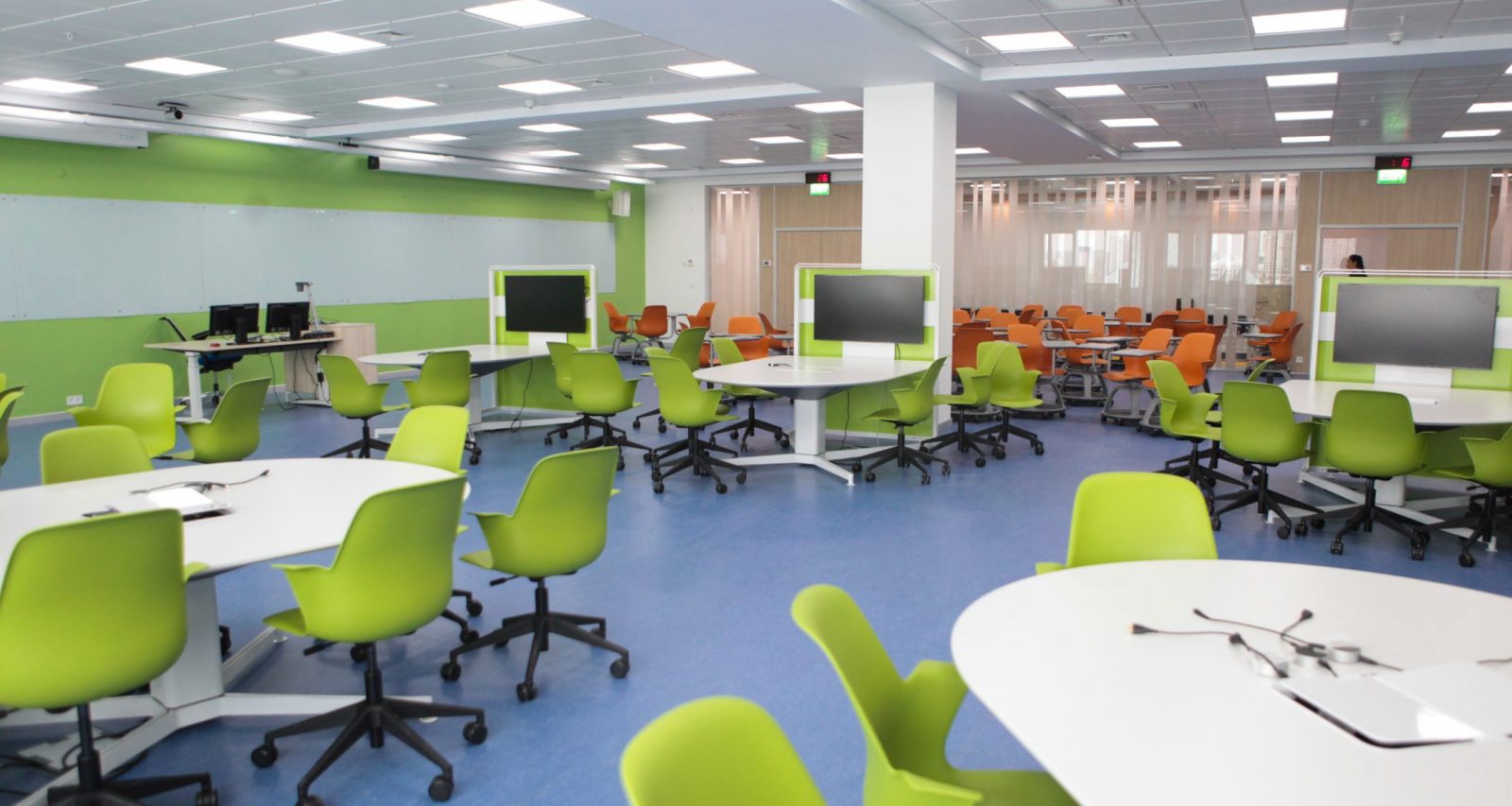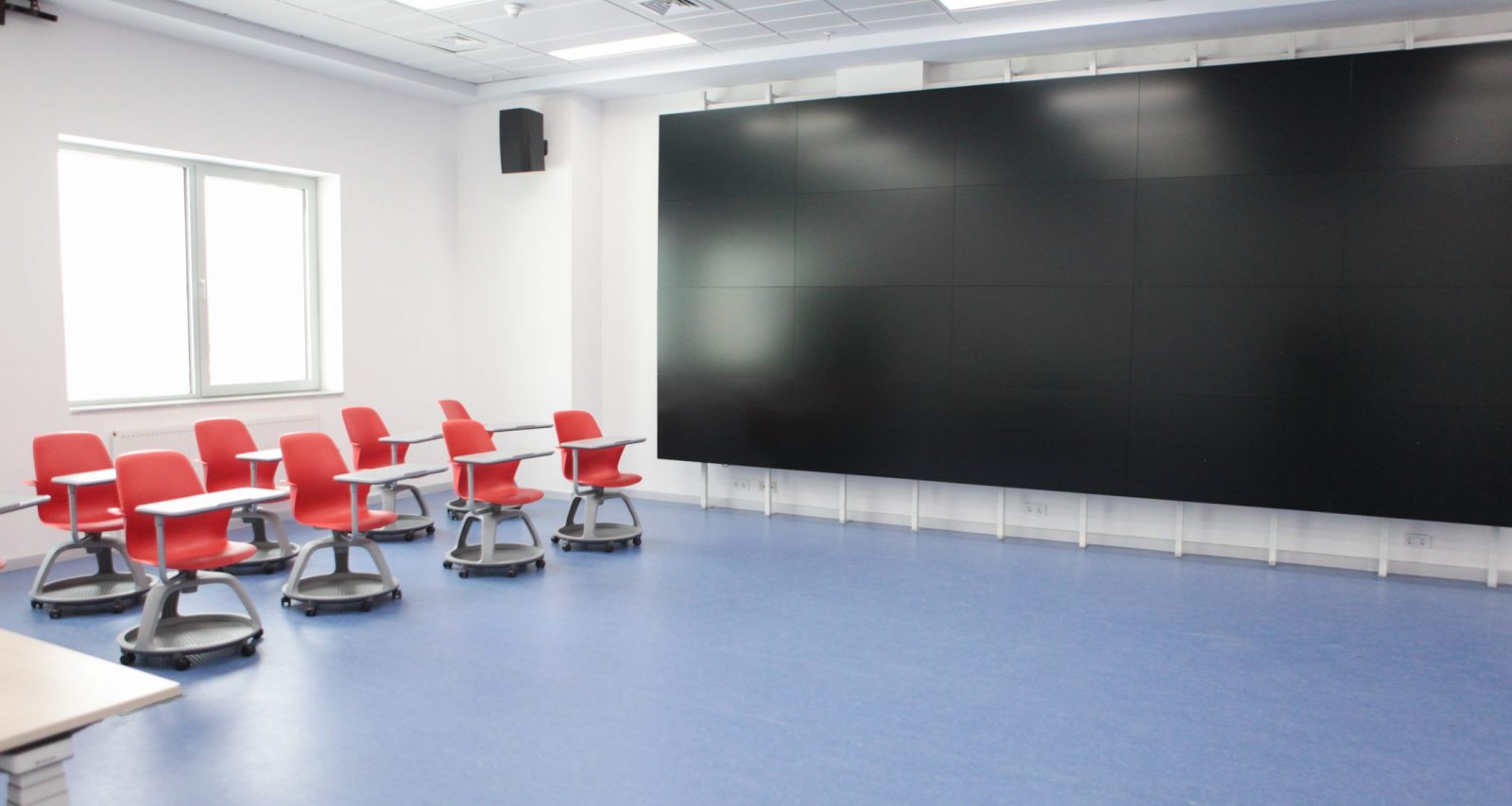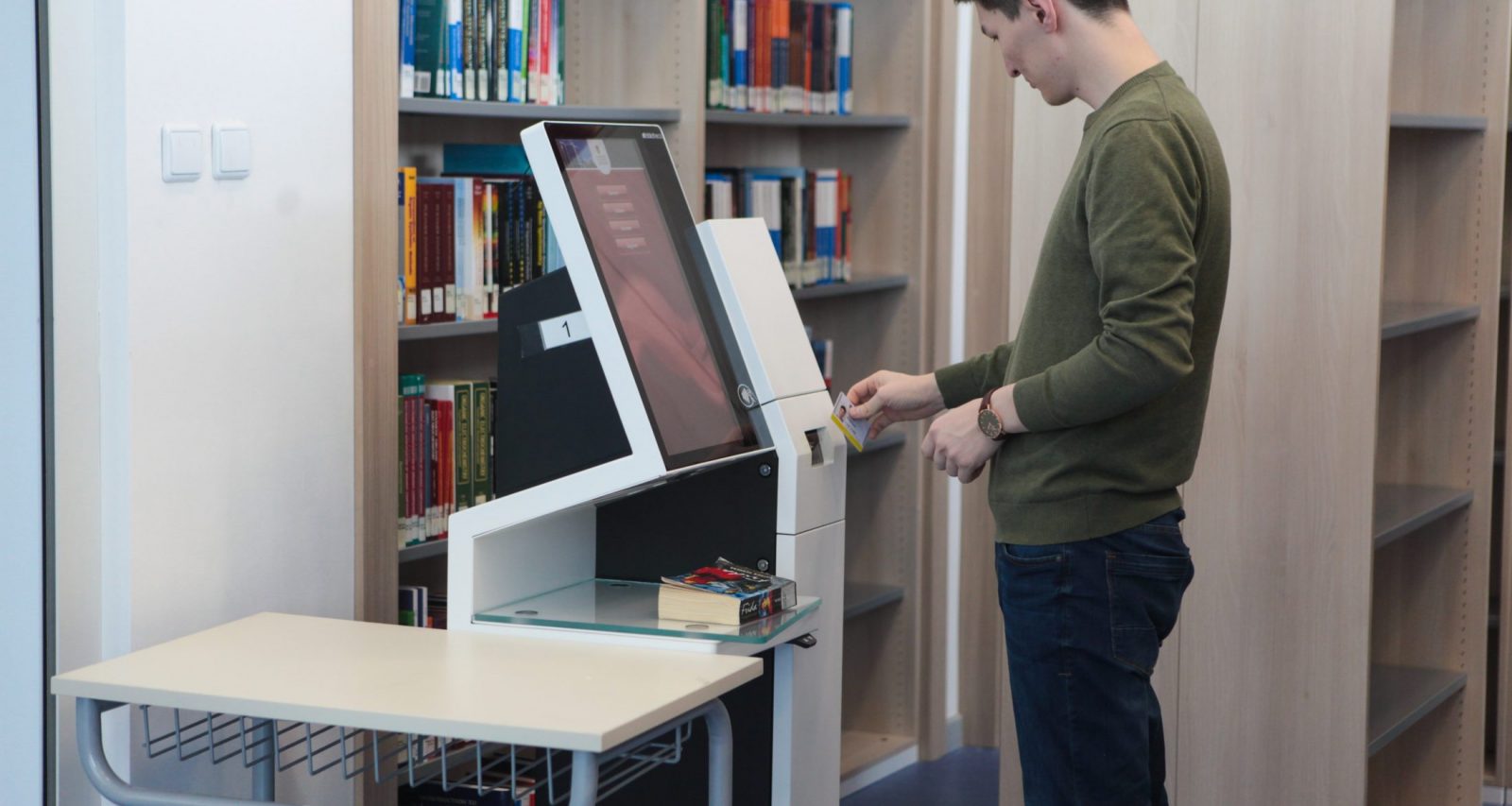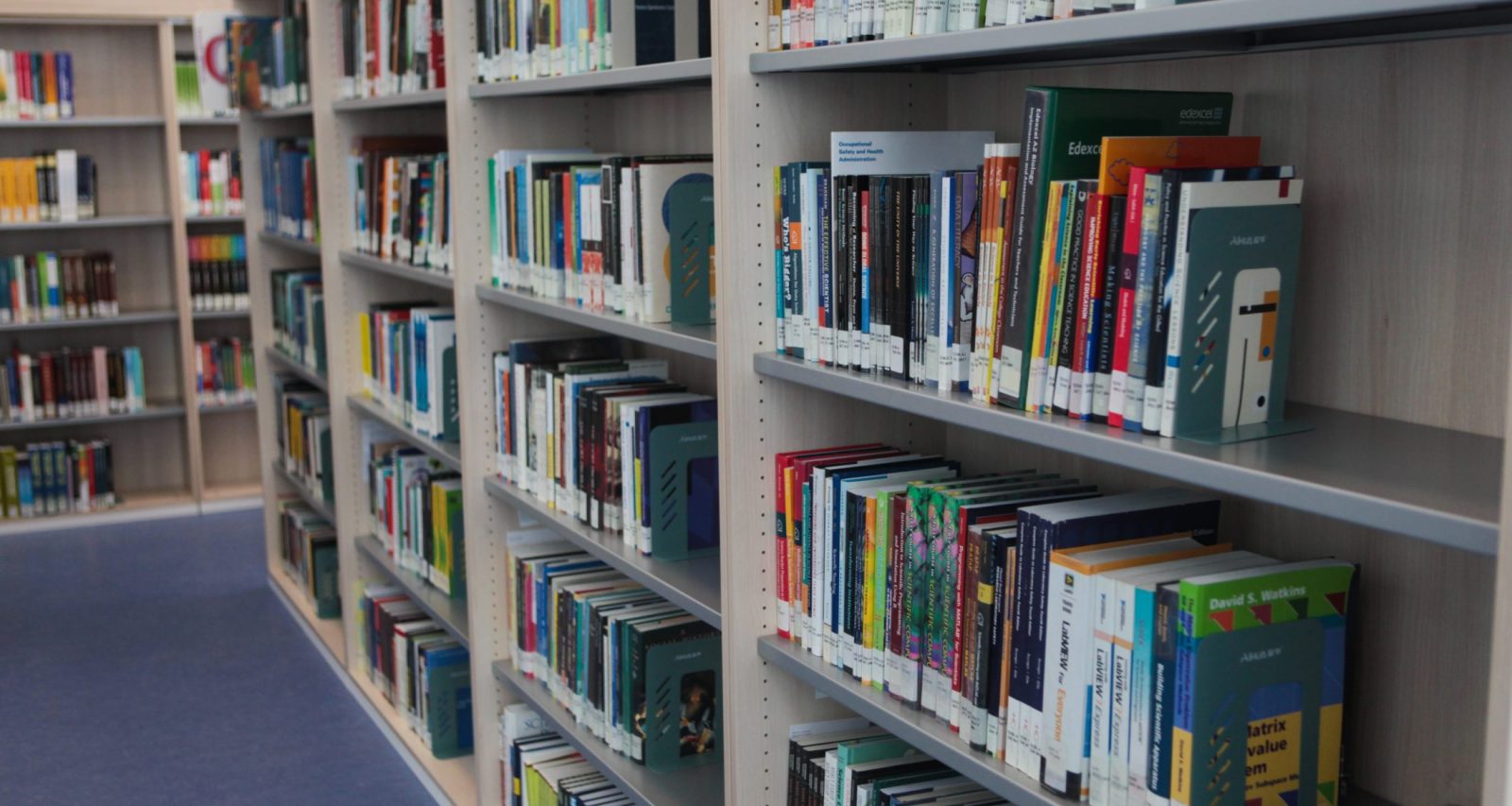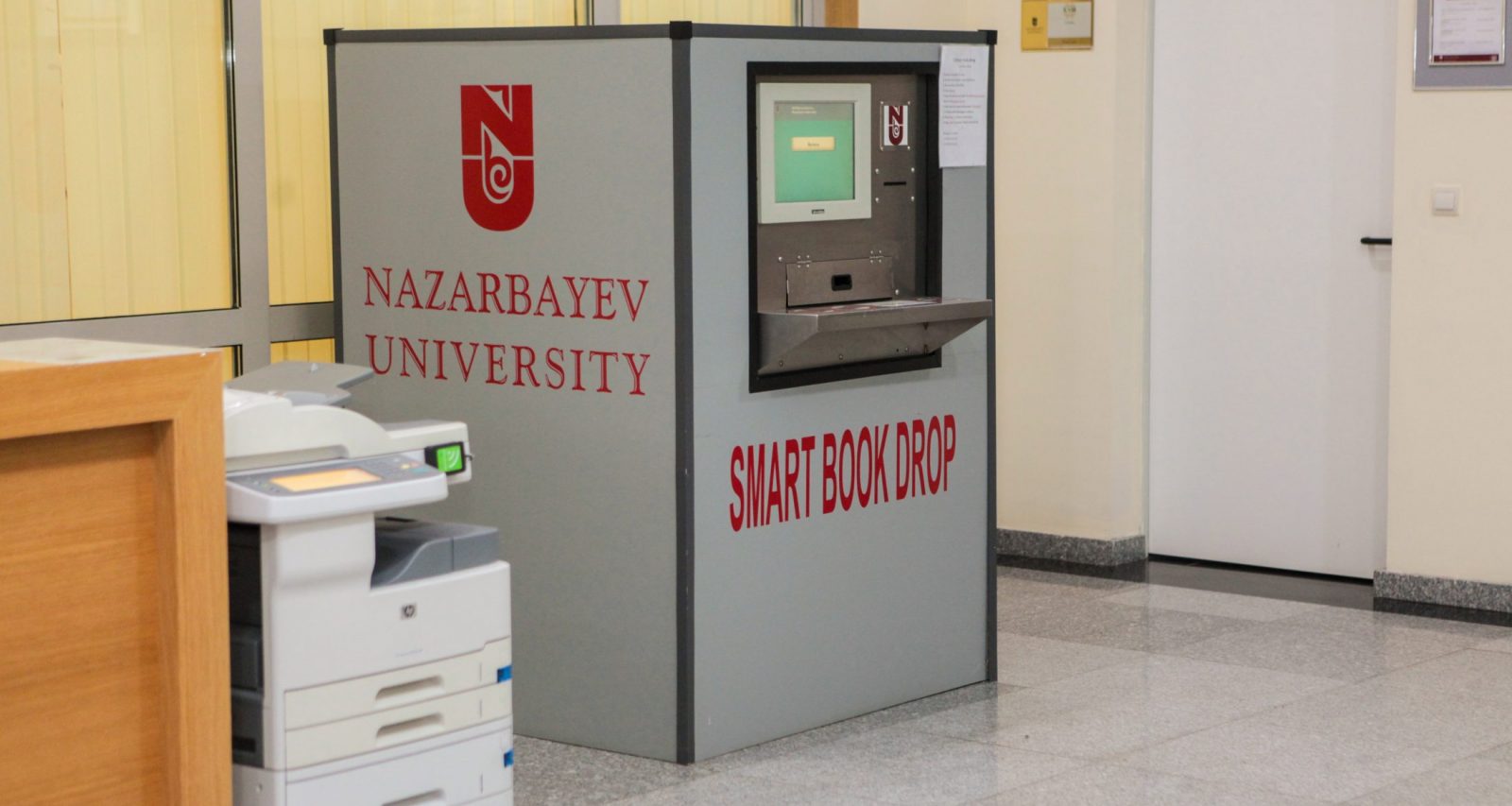24/7 for everyone
Do you know where the heart of Nazarbayev University is? What about the favorite place on campus that students most frequently visit? Where you can not only seek knowledge, but also relax, and even get some sleep? Where parents can come with their kids to work and read books in peace? Of course it is the university library, which is one of the centers of academic and social life of the university.
Resources for all
“The library is rightly considered the pride of Nazarbayev University. In September 2010, we started from scratch. The library’s holdings now total more than 200,000 items, including printed books, e-books, multimedia materials and microforms, collected here to meet the needs of the university’s teaching, learning and research community. In addition, library collections include electronic journals, master’s theses, newspapers and government documents. A significant part of the library collection also consists of electronic subscription academic databases. In addition, the staff is developing a national collection of history, culture and Kazakh language. Last year, a Korean corner was opened in the library with the assistance of the Korea Foundation,” said Marina Poyarkova, manager of the User Service.
Today, the library has nine reading rooms (including balcony reading areas and the School of Medicine) with more than 1,300 seats and three computer rooms (including the School of Medicine) with more than 280 computers at its disposal. In addition, students, faculty and staff have eight rooms for group projects, including three innovative classrooms and twenty-seven individual classrooms and a large conference room. The library has an Academic Writing Center, Data Visualization Laboratory, a video recording room, an innovative learning/educational innovation classroom, and a language laboratory.
The Media room, Science room, Comp Lab, Astana room, Aliya room, Quiet room, Culture room, School of Medicine – Reading room are open 24/7 and always ready to welcome library users.
The library staff always tries to inform and update their users about newly arrived items in the library collection and innovations in the services provided by them. They seek to help all patrons in a timely manner, to advise students and researchers how and where to look for literature on a particular topic, which databases of information resources should be used, etc. Any user who finds it difficult to find books and literature on a desired topic or to find sources and other materials, can turn to the library staff, who will always help them to orientate themselves in the huge flow of books and find the right materials. Library services are provided not only through personal contact, but also through phones, e-mails, special chats on the library’s website. Each school has subject librarians who work closely with students and university professors. In addition, subject librarians and experts develop special so-called lib-guides, which are posted on the library’s website.
The library provides access to more than 200 electronic subscription databases, such as Scopus, Bloomberg, Cambridge University Press, Oxford University Press, The Economist and others. If this is not enough and the student or faculty member cannot access the article he or she wants from the available library resources, he or she can order the article through an electronic delivery service from the libraries of partner universities. In 2020, the Nazarbayev University community expects the Open Access Policy for published articles and dissertations of university professors, researchers and students to come into effect. The Scientific Repository is Nazarbayev University’s institutional electronic repository for storing, storing, and ensuring long-term, reliable, open access to research results and intellectual property products of the University’s academic community.
Access for everyone
Every year, the library holds an event – the Library Roadshow for students. Traditionally, this event has occurred in September. On this day, students have the opportunity to meet librarians, take part in various games and contests, and win prizes.
Students can reduce stress and just relax in the innovative relaxation room with relaxation and sleeping areas, and use the fitball warm-up facilities in the library’s reading rooms for a little exercise. During the sessions, special areas in the library are arranged for use by staff, families with children, and students where individuals can draw, sculpt, embroider. In these spaces, people can try to take a break from the stress of work, life, and classes, and simply distract themselves for a little bit and relax. In addition, the University Library has a children’s reading room, where teachers and students can read books with their children or, leaving them here for a while, work on their research.
The library also aims to be accessible to all students, creating an inclusive library for readers with special needs, including students with visual impairments. It has special equipment for visually impaired people, allowing them to find the right literature, all the necessary materials and to study and science on an equal footing with everyone else. A dedicated classroom has braille printers for texts and graphics, as well as specialized software.
The library study halls and classrooms are rarely empty. They are specially equipped for events organized by students, staff and invited guests.
For discussion and cooperation
Also, the NU Library regularly holds thematic events, such as “Living Libraries” and presentations of important books covering the problems of inclusive education in Kazakhstan. For example, in June 2018, Gulnara Bazhkenova, a Kazakhstani journalist and columnist at Esquire Kazakhstan, presented her new book “Don’t say it too much” about the subtle work of ordinary teachers and mentors in the field of inclusive education every day.
Each year, at the end of October, the library holds an International Open Access Week, which can be attended by anyone. The purpose of this event is to promote ideas such as free access to knowledge and sharing of scientific experience.
The MNOD program usually includes open lectures by professors, unique presentations, debates and discussions, and film viewing and discussion.
Within the framework of the School of Library Technologies, the Nazarbayev Library regularly conducts training seminars for library staff from various regions of Kazakhstan. Such seminars are part of the University’s larger initiative on “translating experience” and practice, meant to share the NU experience by reaching out to the larger community. For example, in January 2018, the Nazarbayev Library, together with the International Journalism Centre MediaNet and IREX Europe, with the support of the British Embassy in Kazakhstan, as well as the Association of University Libraries of the Republic of Kazakhstan, held a training seminar on “Media and Information Literacy”. The workshop was organized for librarians to raise awareness of information and media literacy, promote it in libraries and library user communities, strengthen knowledge about media, Internet security, and provide training in critical thinking and media content analysis for further transfer of knowledge and skills to colleagues.
In July of this year, as part of a seminar on science journalism and innovation organized by the Nazarbayev University Press Office, library staff conducted a master class to assess the scholar’s scientific research and reputation rating for representatives of Kazakhstani media.
Annually, as part of the Eurasian Forum of Higher Education Leaders, the library holds an international conference for university libraries, becoming a platform for the exchange of ideas and trends in librarianship for colleagues from different countries. In 2019 the conference was attended by 136 participants from 16 countries.


